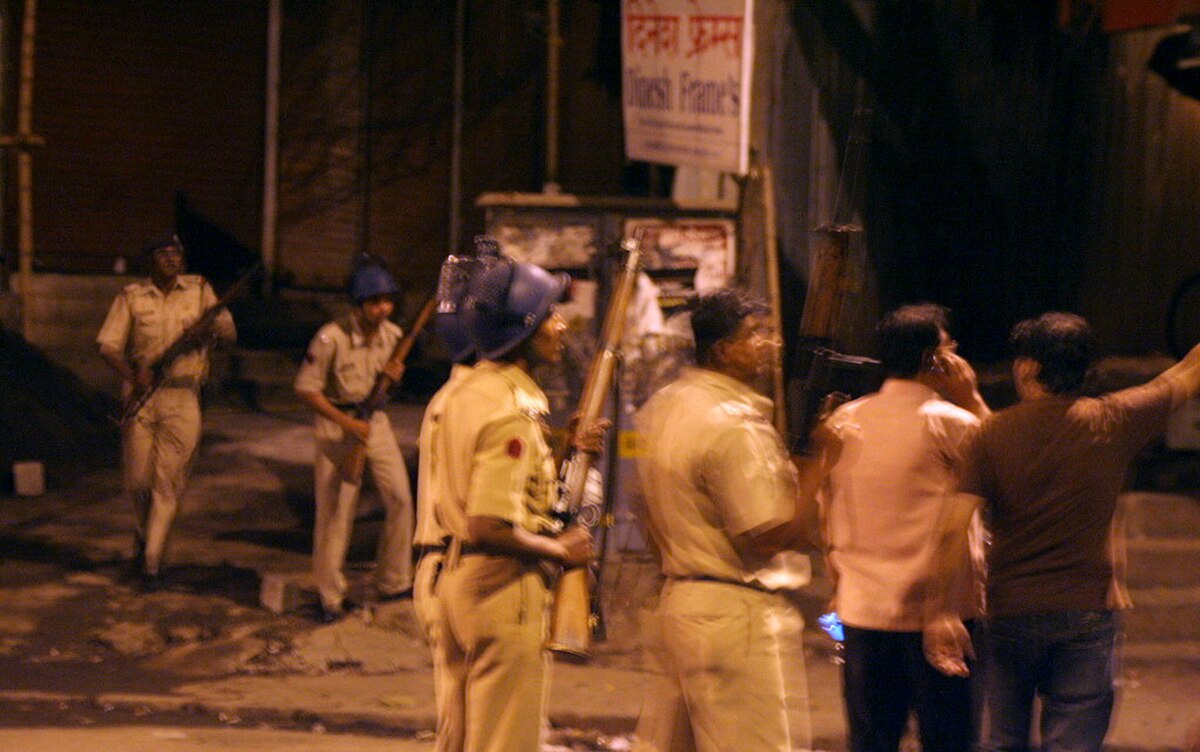
2008 Mumbai Terror Attacks
Mumbai, Maharashtra, IndiaThe 2008 Mumbai attacks, also known as the 26/11 attacks, were a series of horrific terrorist incidents that occurred in November 2008. These attacks were executed by 10 members of Lashkar-e-Taiba, a militant Islamist organization based in Pakistan. Over four days, they carried out 12 coordinated shooting and bombing assaults across Mumbai, resulting in widespread condemnation globally. The attacks began on Wednesday, November 26, and lasted until Saturday, November 29, 2008. A total of 175 people were killed, including nine of the attackers, and more than 300 were injured.[60]
The attacks targeted several locations in South Mumbai, including the Chhatrapati Shivaji Maharaj Terminus, the Oberoi Trident, the Taj Palace & Tower, the Leopold Cafe, Cama Hospital, Nariman House, Metro Cinema, and areas behind the Times of India building and St. Xavier's College. Additionally, there was an explosion in Mazagaon, in Mumbai's port area, and another in a taxi at Vile Parle.
By the morning of November 28, all locations, except for the Taj Hotel, had been secured by Mumbai Police and security forces. The siege at the Taj Hotel was concluded on November 29 through Operation Black Tornado, conducted by India's National Security Guards (NSG), which resulted in the death of the remaining attackers.
Ajmal Kasab, the only attacker captured alive, was executed in 2012. Before his execution, he disclosed that the attackers were members of Lashkar-e-Taiba and were directed from Pakistan, confirming the Indian Government's initial claims. Pakistan acknowledged that Kasab was a Pakistani citizen. Zakiur Rehman Lakhvi, identified as a key planner of the attacks, was released on bail in 2015 and later re-arrested in 2021. The Pakistani government's handling of individuals involved in the attacks has been a subject of controversy and criticism, including comments from former Pakistani Prime Minister Nawaz Sharif. In 2022, Sajid Majeed Mir, one of the attack's masterminds, was convicted in Pakistan for funding terrorist activities.
The Mumbai attacks significantly impacted India-Pakistan relations, leading to increased tensions and international concern over cross-border terrorism and regional security. The incident remains one of the most notorious terrorist acts in India's history and has had lasting implications for global anti-terrorism efforts and India's internal security policies.
